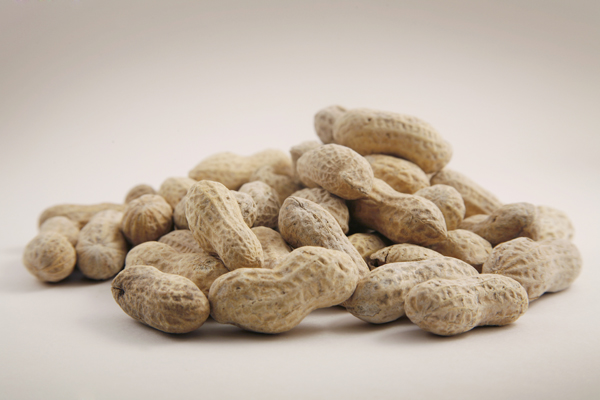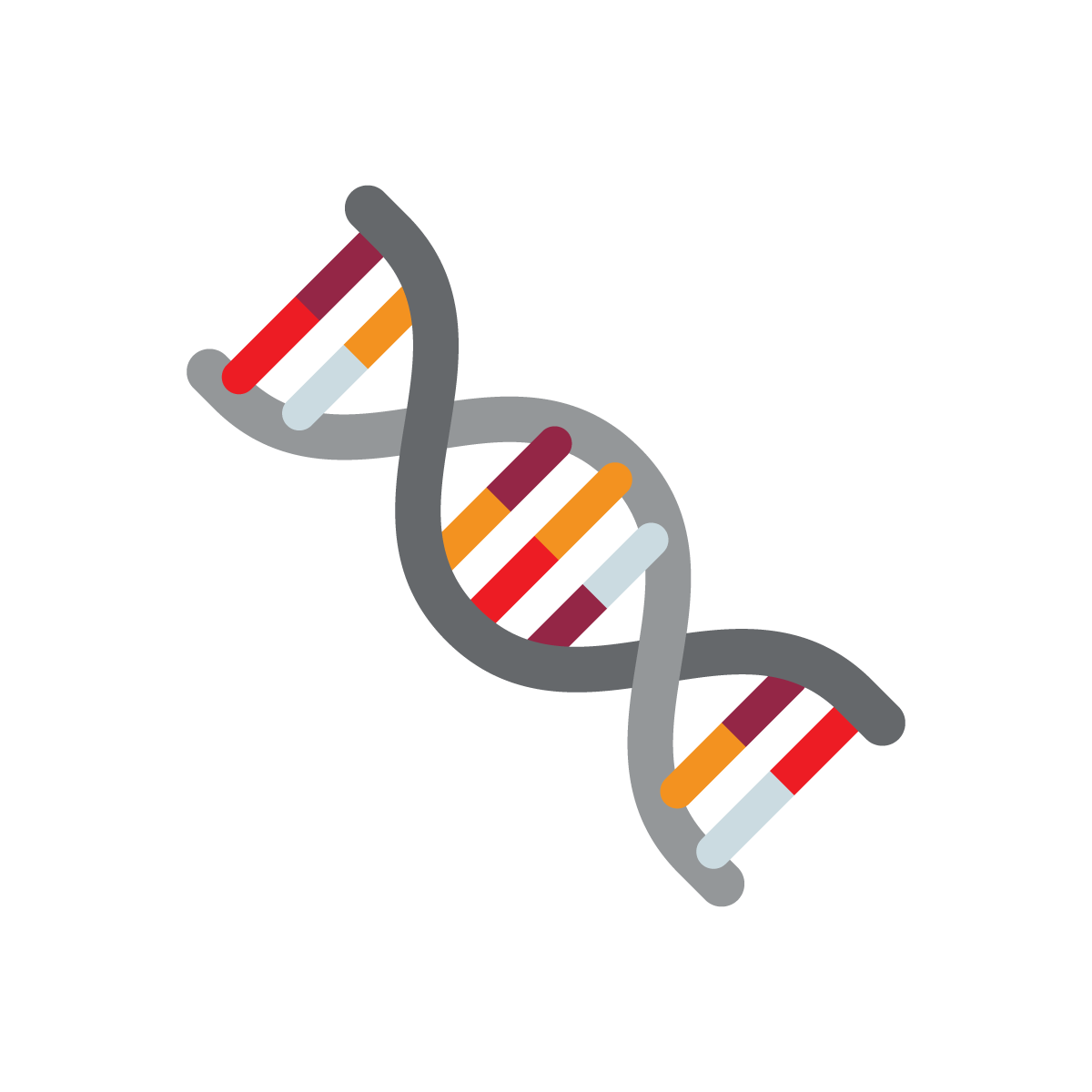Update (November 21, 2018): Aimmune Therapeutics has now published the results of their Phase III PALISADE trial in the New England Journal of Medicine. Since the drug – designed to desensitize patients with a peanut allergy through exposure to low levels of peanut protein – met its primary and secondary endpoints in the trial, the company expects to file for marketing authorization with the FDA by year’s end.
Originally published on February 22, 2018:
Nearly six million children in the US have food allergies, with peanut allergies being one of the most common types of intolerance. Patients have no way of treating these allergies and currently have no other option other than to avoid exposure to the allergen and carry an EpiPen to treat anaphylaxis if they unintentionally come in contact with the food.
Now, biopharmaceutical company Aimmune Therapeutics has announced that its Phase III clinical trial of an oral biologic, AR101, designed to treat peanut allergy has reached its primary endpoint. The PALISADE efficacy trial involved nearly 500 patients under the age of 17 with a peanut allergy.
After being treated with the immunotherapeutic agent for about a year, patients were administered a food challenge. Around 67 percent of patients treated with AR101 tolerated a food challenge consisting of 600mg peanut protein, compared to just four percent of patients in the placebo group.
“It’s exciting to see this large-scale study confirm that a characterized approach to oral immunotherapy, in an appropriately supervised clinical setting, holds promise for becoming an approved treatment,” said Dr. A. Wesley Burks, Executive Dean and Curnen Distinguished Professor of Pediatrics, University of North Carolina School of Medicine, and a principal investigator for PALISADE. “It’s great to have patients go from managing to tolerate at most the amount of peanut protein in a tenth of a peanut without reacting to successfully eating the equivalent of between two to four peanuts with nothing more than mild, transient symptoms, if any at all.”
The incidence of serious adverse events was low in the PALISADE trial. Around 14 percent of patients experienced systemic hypersensitivity reactions – a common side effect of oral immunotherapy – which were mild to moderate in nature.
“PALISADE is not only the largest peanut allergy trial ever conducted, it’s also the first to use an independent blinded assessor, and the first to accept peanut-allergic patients with a history of severe or life-threatening reactions,” said Dr. Daniel C. Adelman, Chief Medical Officer of Aimmune. “Moreover, the PALISADE population was highly peanut-sensitive and highly atopic, with almost three quarters of the patients having experienced anaphylaxis prior to enrolling in the study.”
Based on the results of this trial, the company expects to file a Biologics License Application (BLA) with the FDA by the end of 2018, with a marketing application to be submitted to the EMA in early 2019.








Join or login to leave a comment
JOIN LOGIN